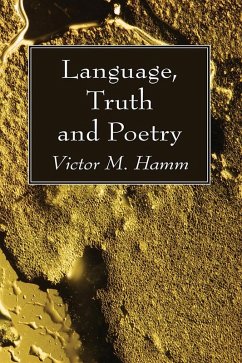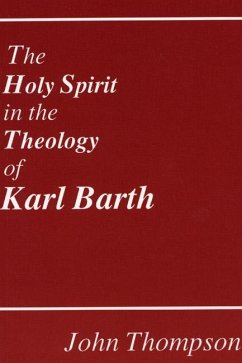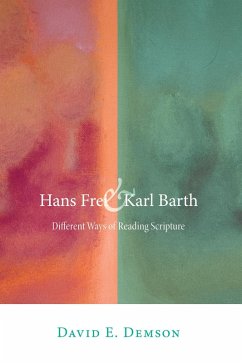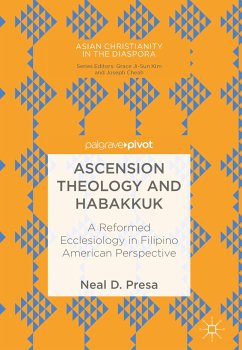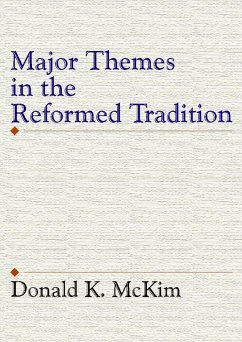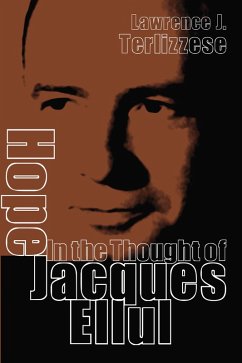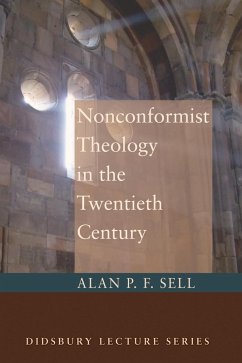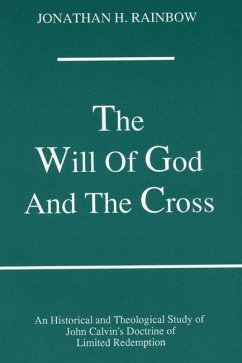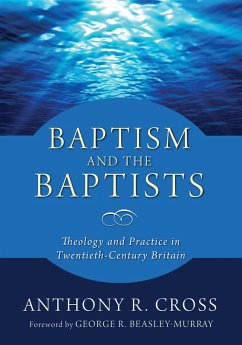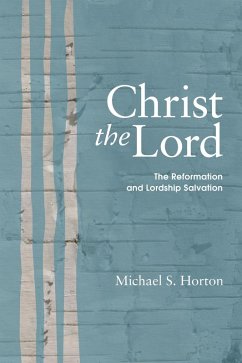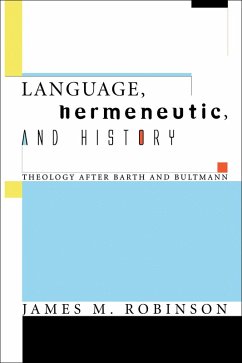
Language, Hermeneutic, and History (eBook, PDF)
Theology after Barth and Bultmann
Versandkostenfrei!
Sofort per Download lieferbar
16,95 €
inkl. MwSt.
Weitere Ausgaben:

PAYBACK Punkte
8 °P sammeln!
James M. Robinson, together with John B. Cobb, published a series of three volumes entitled New Frontiers in Theology: The Later Heidegger and Theology (1963), The New Hermeneutic (1964), and Theology as History (1967). Here they introduced the new directions that Continental theology was taking after the break caused by the Nazi period and World War II. In each volume it was Robinson's assignment to write an extensive introduction of the new direction: "The German Discussion of the Later Heidegger," "Hermeneutic since Barth," and "Revelation as Word and as History." Then others contributed es...
James M. Robinson, together with John B. Cobb, published a series of three volumes entitled New Frontiers in Theology: The Later Heidegger and Theology (1963), The New Hermeneutic (1964), and Theology as History (1967). Here they introduced the new directions that Continental theology was taking after the break caused by the Nazi period and World War II. In each volume it was Robinson's assignment to write an extensive introduction of the new direction: "The German Discussion of the Later Heidegger," "Hermeneutic since Barth," and "Revelation as Word and as History." Then others contributed essays. These three seminar introductions are here brought together in a single volume, which thus is the basic tool for getting into the Continental theology of the second half of the twentieth century.
Dieser Download kann aus rechtlichen Gründen nur mit Rechnungsadresse in A, D ausgeliefert werden.




